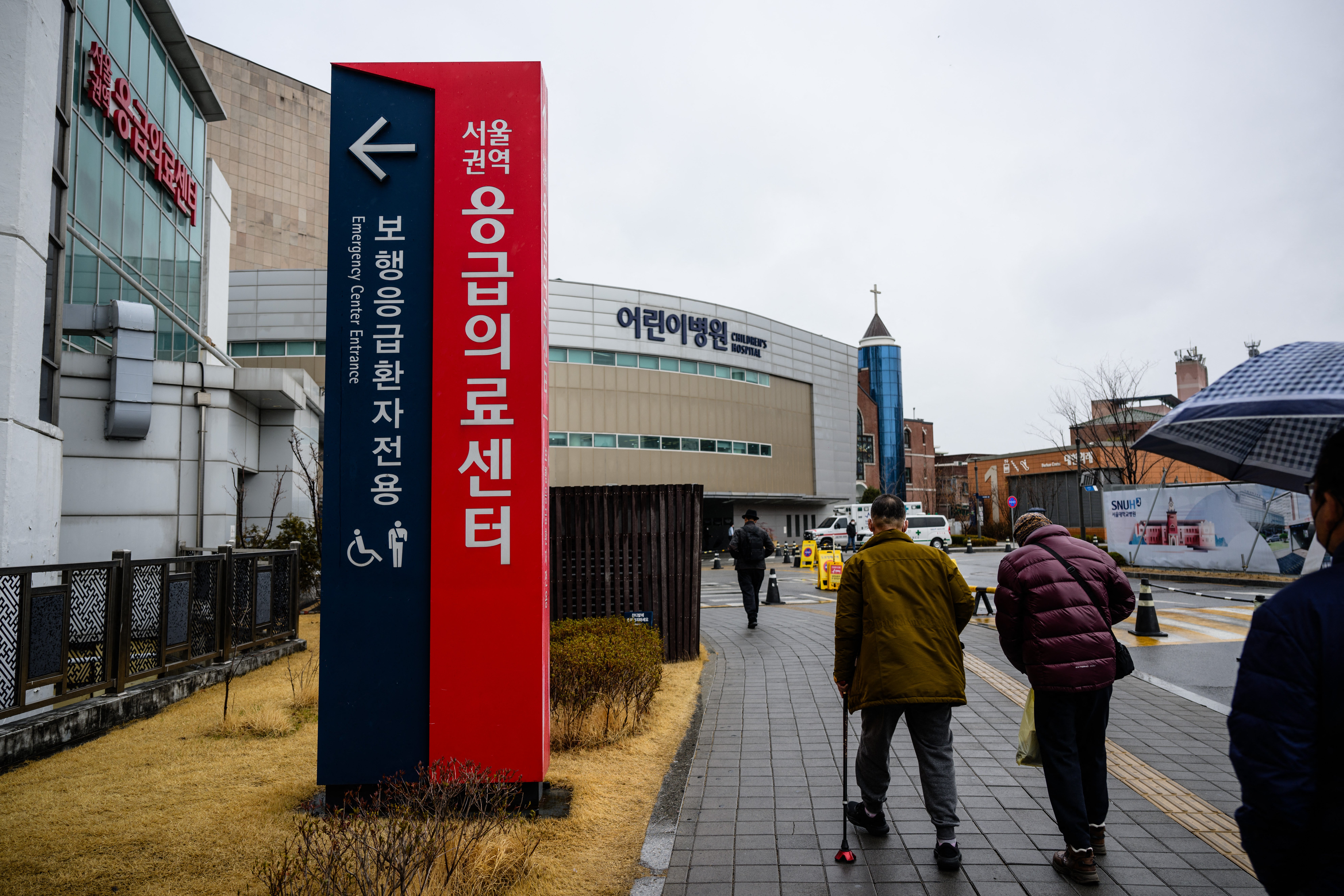Could survivors of breast cancer have a lower risk of Alzheimer’s disease?
According to South Korean researchers, survivors of breast cancer have a 8 percent lower risk of developing the disease compared to people without cancer, despite frequently equipped concerns regarding cognitive decline after treatment.
“We found a slightly low risk of [Alzheimer’s] Among the survivors of breast cancer in accordance with several previous studies and a meta -analysis, ”the authors wrote in a study published on Friday in the magazine Jama Network OpenThe Open Access Journal of the American Medical Association.
“This indicates that standard breast cancer treatments, including radiation therapy, may not increase and even even reduce Alzheimer’s risk of dementia in the short term” Tanteminie. “Clinic can use this evidence to calm the breast cancer patients concerned about their cognitive health.”
The researchers also found no connection between the risk of Alzheimer’s and the treatment with chemotherapeutic agents.

“However, an increased risk of dementia was found in patients with head and neck cancer treated with radiation therapy. However, the AD risk could be different depending on the dose of radiation and the exposure location,” they said.
In order to achieve these conclusions, they examined the data of more than 70,000 patients who were subjected to breast cancer surgery between January first January 2010 and the last day in December 2016. The data was recorded by the Korean National Health Insurance Service. The participants were grouped with a healthy age controls with a one-to-three ratio. The women were subjected to an average of 7.3 years.
1,229 cases of Alzheimer’s were found among the participants. Survivors of breast cancer showed a slight risk of the development of Alzheimer’s compared to cancer -free women. The trend was particularly applicable to women aged 65.
“However, landmark analyzes showed that this less risk does not survive over five years [Alzheimer’s] Among the survivors, ”they wrote.

You say that further examinations are necessary to evaluate the long-term risk of Alzheimer’s disease in breast cancer survivors.
Earlier investigations by researchers from the University of Pittsburgh also showed that the hormone modulation therapy used to treat breast cancer with a 7 percent lower risk of developing Alzheimer’s disease and associated dementia in life and that some women may have a higher risk than others.
The South Korean researchers found that cytotoxic chemotherapy was recognized as the cause of the cognitive decline, which is referred to as chemobrain in cancer survivors, and referred to thinking and memory problems after treatment. The researchers added that their results indicate that this treatment does not lead directly to Alzheimer’s disease.
“The results indicate that certain cancer treatments may have advantages for the risk of Alzheimer’s,” said the authors.

